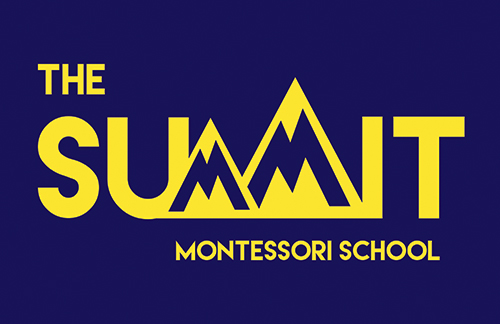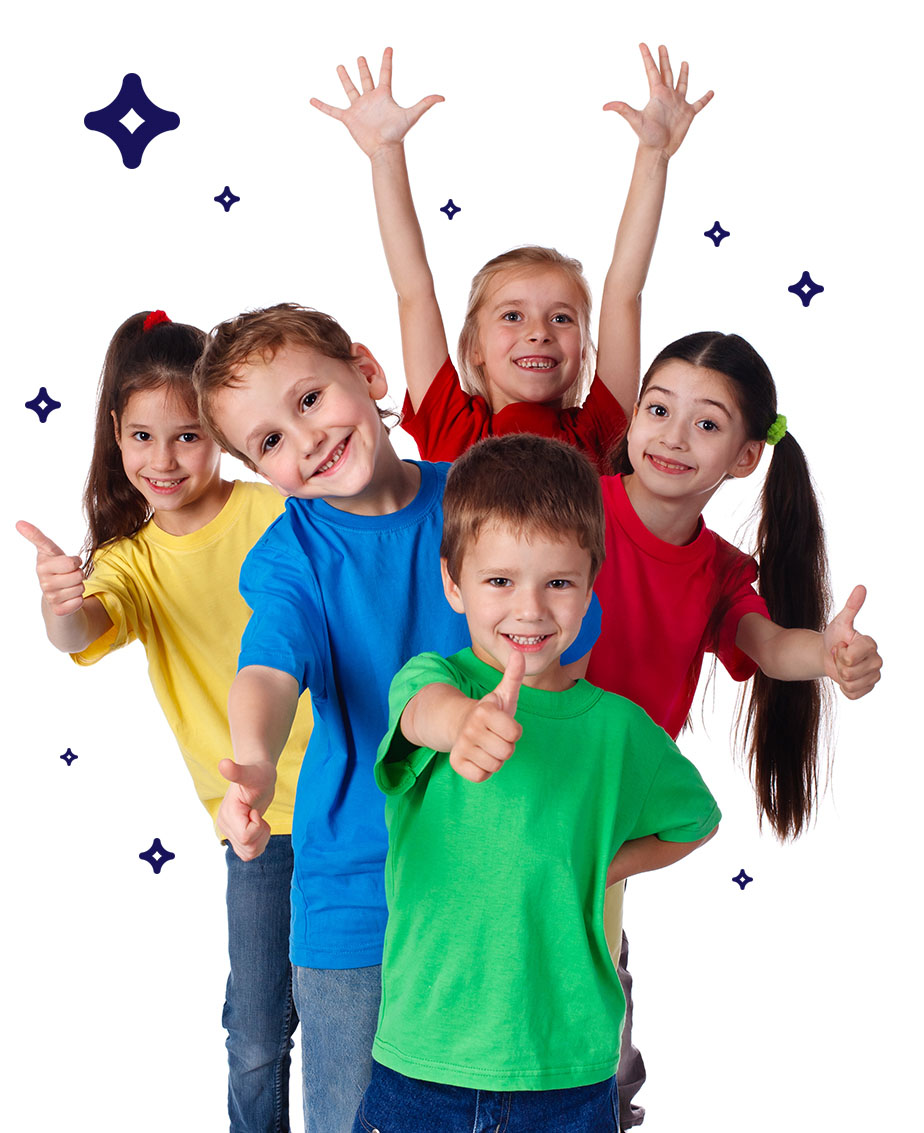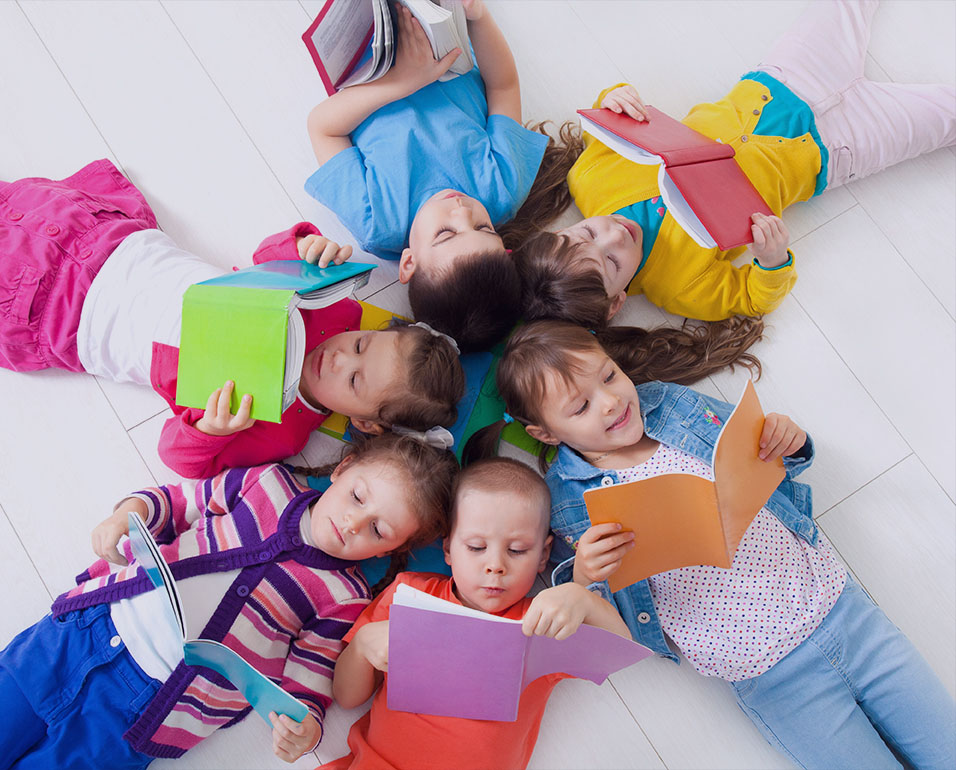Why TSS
Observing at The Summit School, you will see what is immediately clear. Maria Montessori, the philosophy’s founder, described a Montessori education as an “education for life” and indeed, the intention behind some of the best known Montessori tools, or “work”, the universality of what the materials teach uncovers the truth behind many misconceptions. The lessons learned in a Montessori classroom go a long way to building a sense of community as “everybody has a way to participate.” We believe that Montessori education “develops a sense of self that leads the child to connect in a nurturing way with others,” and that, “Children learn in a natural environment where it’s safe. The adults don’t become the obstacle to learning; rather we set it up and move out of the child’s way.” Throughout all levels at The Summit School parents share common goals for their children. They believe that a school should help children: to develop initiative, to foster creativity, to provide a strong sense of self and to teach relationship to community. As an educational staff, our goals include these themes but also “the development of the whole child based on social, cognitive, physical needs, with the child engaged in their own learning.” Just how that engagement happens is one of the key things that sets Montessori education at The Summit School Montessori apart from other approaches to learning. Another way many describe the Montessori environment is “Freedom within limits.” «When people say, ‘Where’s the teacher?’ we tell them we’re there to balance what’s happening. You put your work away for the next person, that teaches rights and responsibilities, this makes us citizens of the world.”




